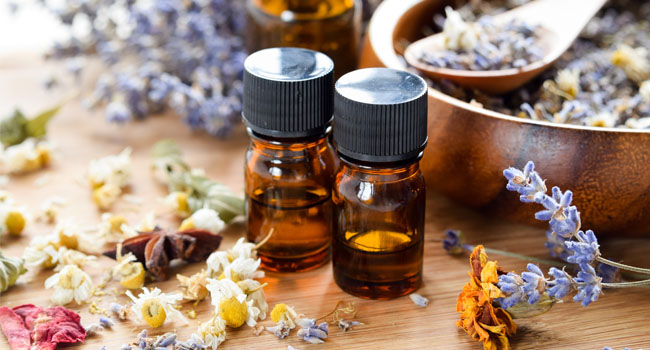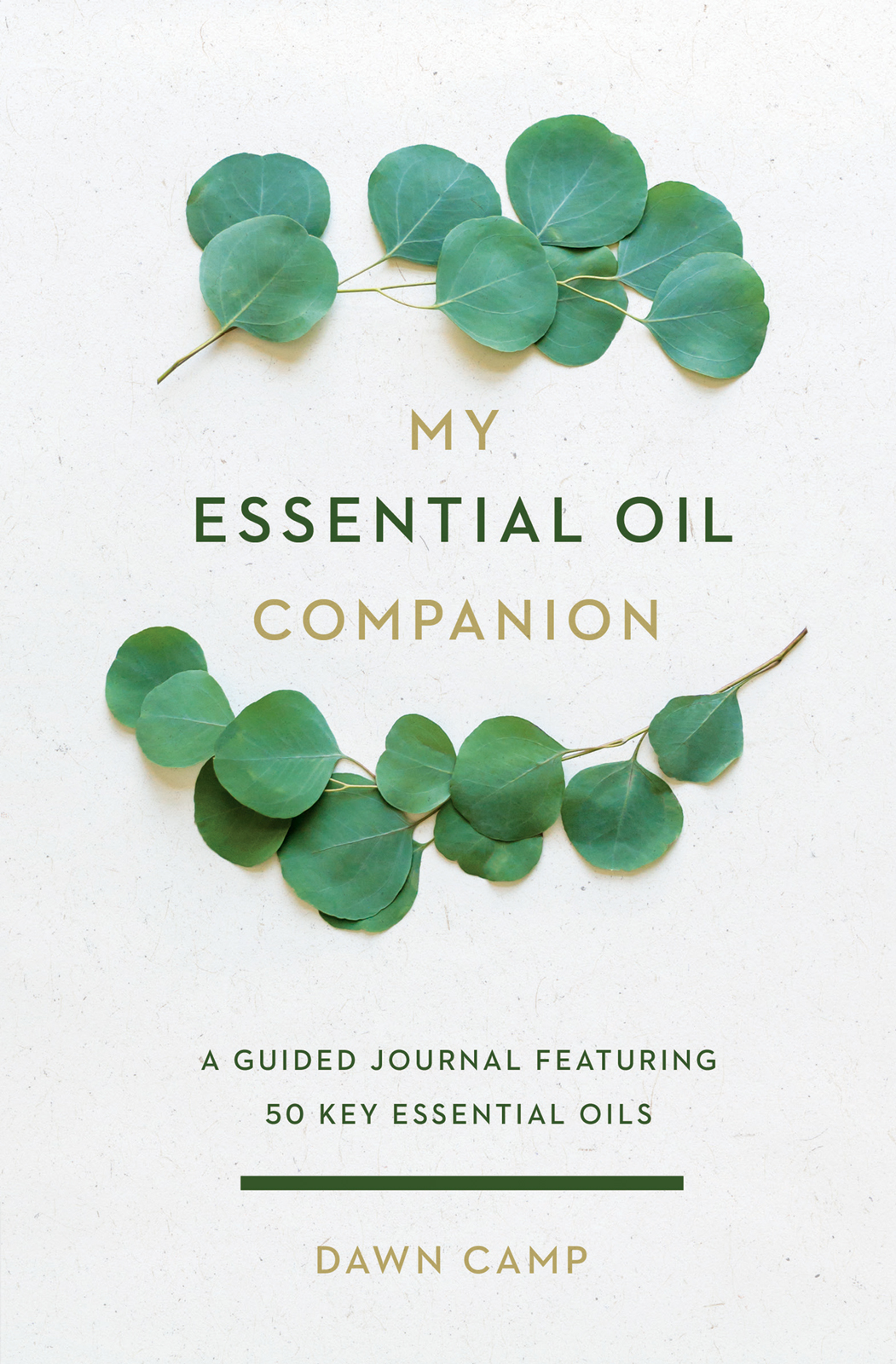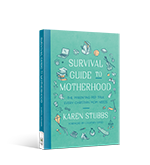
Sign Up for Updates
Connect
TOPICS
- Latest Blog
- Fiction
- Inspirational/Devotional
- Men's Christian Living
- Prophecy
- Women's Christian Living
- View All
ARCHIVES
How Can Essential Oils Be Used Safely and Effectively?
Posted on Jun 24, 2021 Topic : Men's Christian Living, Women's Christian Living
Posted by : Dawn Camp

Let’s refresh our memory on how to use essential oils and on essential oil safety.
Three Ways to Use Essential Oils
Essential oils are used in three ways: aromatically, topically, and internally. Each entry of this journal begins with a reference key called “The Essentials,” which shows the ways a particular oil can be used. Let’s talk more about each use.
AROMATIC: You can diffuse oil into the air with a cold-water diffuser, drip oil into your cupped palm and inhale it, apply oil to diffuser jewelry (one of my favorites!), put a drop or two of oil on a scarf, or inhale oil directly from the bottle.
TOPICAL: Apply the oil directly to your skin, preferably diluted with a carrier oil (more about that below). Oils are often applied directly to areas of concern. The bottoms of your feet are great places to apply oils that can cause skin irritation or don’t smell good to you, because the pores there are large and the skin is less sensitive than on other areas of your body.
INTERNAL: Oils that are certified GRAS (Generally Regarded as Safe) for internal consumption must be labeled as consumable or as dietary supplements. Oils can be dripped under your tongue (“sublingually”) or added to empty vegetable capsules. You can find the FDA’s list of safe essential oils at https://www.accessdata.fda.gov/scripts/cdrh/cfdocs/cfcfr/CFRSearch.cfm?fr=182.20.
Essential Oils Safety
Some oils, such as peppermint and cinnamon bark, are called “hot oils” and may cause a burning sensation on the skin. (Other hot oils include basil, clove, lemongrass, oregano, thyme, and wintergreen.) When using these for the first time, or with children, or on sensitive skin, watch for redness of the skin in the application area, and always dilute the essential oil with a fatty carrier oil, such as olive, coconut, grapeseed, sweet almond, jojoba, rose hip, or argan. Essential oil molecules absorb rapidly because they are so small. Diluting with a carrier oil, which has much larger molecules, decreases the possibility of irritating your skin. You know what’s amazing? Adding a carrier oil doesn’t decrease the effectiveness of the essential oil; it merely slows its rate of absorption. Most applications require only drop or two of oil—less truly is more.Certain oils are photosensitive, which means your skin might be irritated if you apply the oil and then expose your skin to the sun. With most undiluted oils, you should wait 12 hours before sun exposure, but some require as many as 48 hours. Use photosensitive oils at night, or cover your skin when you’re outside. This group consists of mostly citrus oils, including bergamot, grapefruit, lemon, orange, lime, and tangerine.
Never use oils in your eyes or ears. If an essential oil gets in your eye, put a dab of a fatty carrier oil, such as olive or grapeseed, around the outside of your eyelid. Do not use water. Remember, oil and water don’t mix. Water will spread the oil in your eye.
I would be negligent if I didn’t specify that I recommend only pure, therapeutic-grade essential oils. Because the FDA has no regulatory definition or rating system for essential oils, product labels can be misleading. A bottle can be labeled pure or therapeutic grade with only 5 percent actual essential oil content. We all love a bargain, but bargain oils are probably synthesized or diluted with a carrier oil. Consider it a red flag if a company sells all its oils for close to the same price. You cannot produce a bottle of frankincense for the same cost as a bottle of lemon or lavender. Words such as “scented oil,” “fragranced oil,” or “perfume oil” may indicate a synthetic product. Pure essential oils are natural, plant-based substances, but synthetic oils are created in laboratories. Be an educated consumer. Essential oils can replace chemicals in your home, so don’t ingest or apply adulterated essential oils containing fertilizers, pesticides, synthetics, chemical solvents, or carrier oils.
I am not a medical professional. If you are under the care of a physician, consult him or her before diving in with essential oils. Please use your own judgment when deciding which essential oils to use.

Read more in My Essential Oil Companion by Dawn Camp

